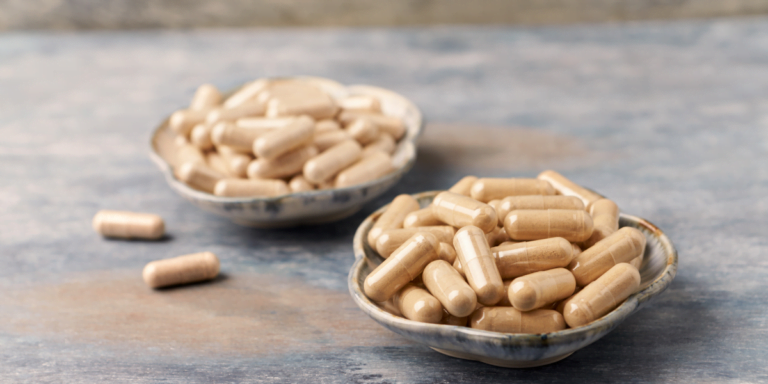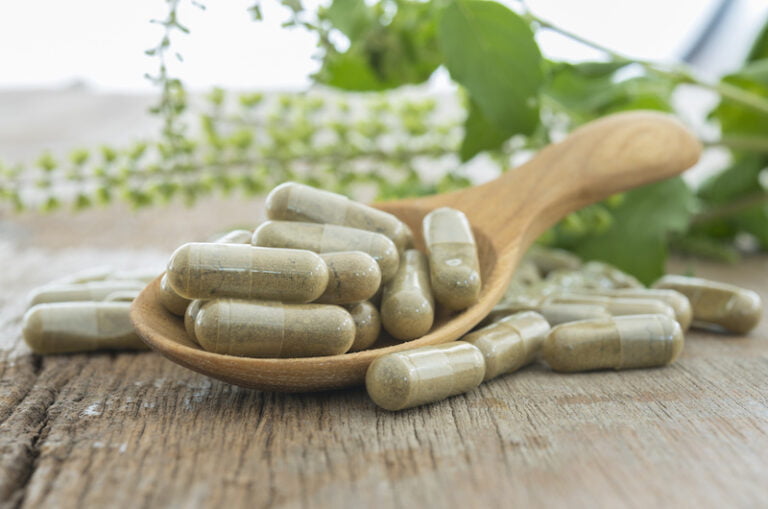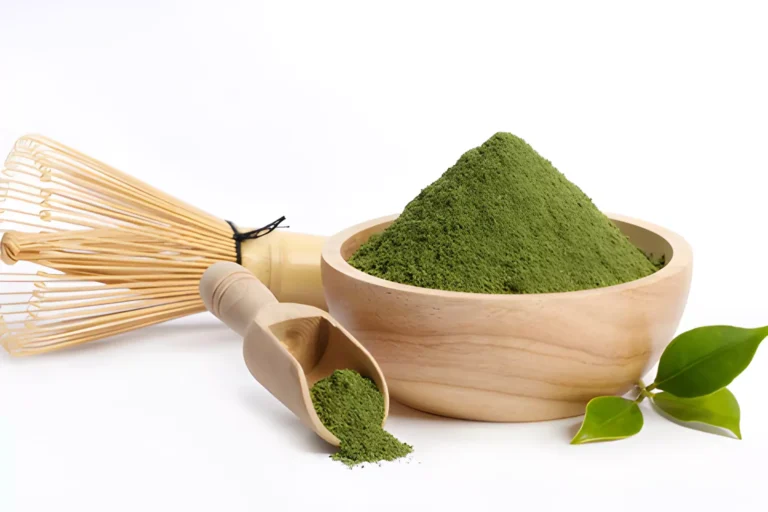Does Aloe Vera Gel Expire? Here’s What You Need to Know
Aloe vera gel is a popular natural remedy for various skin conditions, such as burns, wounds, acne, sunburns, and more. It has soothing, moisturizing, anti-inflammatory, and antibacterial properties that can benefit your skin in many ways.
Like any other organic matter, it is only beneficial when fresh. But does aloe vera gel expire, and if so, what happens when it goes bad? Can you still use it, or do you need to do a replacement? In this article, I will answer these questions about aloe vera and provide tips to keep it fresh for a longer period.
What is Aloe Vera Gel?
Aloe vera gel is a clear, jelly-like substance that comes from the leaves of the aloe vera plant. The plant belongs to the Liliaceae family and is native to Africa, but it is now grown in many parts of the world due to its medicinal and cosmetic uses. Aloe vera gel contains water, vitamins, minerals, amino acids, enzymes, antioxidants, and other beneficial compounds to help with nourishment and skin whitening.
There are two main types of aloe vera gel that you can use for your skin: raw and processed. Raw aloe vera gel is what you extract yourself from the plant leaf. You can do this by cutting a fresh aloe vera leaf and peeling off the green skin with a knife. Then, you can scoop the clear gel inside with a spoon or squeeze it out with your hands. Raw aloe vera gel is pure and natural, but it has a shorter shelf life and may contain some impurities or bacteria.
Processed aloe vera gel is what you buy from the market or online. It is usually made by adding preservatives, stabilizers, thickeners, colors, or fragrances to the raw aloe vera gel. Processed aloe vera gel has a longer shelf life and may have some added benefits or features, such as SPF or moisturizing agents. However, it may also have some drawbacks, such as reduced effectiveness or potential side effects.
Does Aloe Vera Gel Expire?
The answer is yes, aloe vera gel does expire. Like any other organic matter or plant product, aloe vera gel can go bad after a specific time. It can lose its potency, change its color or texture, or develop mold or bacteria that can harm your skin. Therefore, it is important to know the shelf life of your aloe vera gel and how to store and use it properly.
The shelf life of aloe vera gel depends on several factors, such as its type, quality, ingredients, packaging, storage conditions, and exposure to heat, light, air, or moisture. Generally speaking, raw aloe vera gel has a shorter shelf life than processed aloe vera gel. Here are some approximate guidelines for how long different types of aloe vera gel can last:
- Raw aloe vera gel: 1 day at room temperature, 1 week in the refrigerator, 1-2 weeks in the freezer
- Processed aloe vera gel without preservatives: 2-3 months at room temperature, 6-12 months in the refrigerator
- Processed aloe vera gel with preservatives: 2-5 years at room temperature, longer in the refrigerator
However, these are only estimates and may vary depending on the specific product and how you handle it. Therefore, it is always best to check the label of your product for an exact expiration date or use-by date. If there is no date on the label or you made your aloe vera gel at home, you can use other methods to tell if your aloe vera gel has expired.
How to Tell If Aloe Vera Gel Has Expired
There are several ways to tell if your aloe vera gel has expired or gone bad. Here are some signs to look out for:
- Change in color: Fresh aloe vera gel should be clear or slightly yellowish. If your aloe vera gel has turned brown, green, pink, or any other color, it has oxidized or reacted with other substances and lost effectiveness.
- Change in texture: Fresh aloe vera gel should be smooth and thick. If your aloe vera gel has become watery, lumpy, slimy, or sticky, it has lost its water content or developed mold or bacteria.
- Change in smell: Fresh aloe vera gel should have a mild and pleasant smell. If your aloe vera gel has developed an unpleasant or sour smell, it has spoiled or fermented.
- Change in taste: Fresh aloe vera gel should taste slightly bitter. If your aloe vera gel has become sweet or acidic in taste, it has spoiled or fermented.
- Presence of mold or bacteria: Fresh aloe vera gel should be free of any visible mold or bacteria. If you see any fuzzy white spots, black specks, or green streaks on your aloe vera gel, it has been contaminated and should be discarded immediately.
If you notice these signs on your aloe vera gel, do not use it on your skin or consume it orally. It may cause irritation, infection, or allergic reactions. Instead, dispose of it properly and get a new batch of aloe vera gel.
How to Store and Use Aloe Vera Gel Properly
To prevent your aloe vera gel from expiring or going bad, store and use it properly. Here are some tips to follow:
- Store your aloe vera gel in a cool and dry place away from direct sunlight, heat, or moisture. The ideal temperature for storing aloe vera gel is between 40°F and 80°F. If you live in a hot or humid climate, you may want to store your aloe vera gel in the refrigerator or freezer to extend its shelf life.
- Store your aloe vera gel in an airtight container or bottle with a tight lid. This will prevent air, dust, or germs from getting into your product and spoiling it. You can also use dark-colored or opaque containers or bottles to protect your product from light exposure.
- Use clean and dry utensils or tools to scoop out or apply your aloe vera gel. Avoid using your fingers or dirty spoons or brushes to avoid contaminating your product with bacteria or dirt. You can also use a pump or spray bottle to dispense your product more hygienically.
- Use only the amount of aloe vera gel you need, and do not return any unused portion to the container or bottle. This will prevent cross-contamination and waste of your product.
- Only mix your aloe vera gel with other ingredients or products if you will use it immediately. Mixing your aloe vera gel with other substances may alter its pH level, consistency, or effectiveness and make it expire faster.
- Do not expose your aloe vera gel to extreme temperatures or conditions such as freezing, boiling, microwaving, or leaving it in your car. This may damage the quality and potency of your product and make it unsafe to use.
What Happens If I Use Expired Aloe Vera Gel on Skin?
Using expired aloe vera gel on your skin can have several negative consequences, including:
- Skin irritation: Expired aloe vera gel may contain bacteria or other irritants that can cause redness, itching, and burning on the skin.
- Allergic reaction: If you are allergic to aloe vera, using expired aloe vera gel on your skin could trigger an allergic reaction. Symptoms of an allergic reaction to aloe vera can include hives, rash, and difficulty breathing.
- Skin infection: If expired aloe vera gel contains bacteria, it could lead to a skin infection. Symptoms of a skin infection can include redness, swelling, and pus.
Therefore, avoiding using expired aloe vera gel on your skin is best. It may not only be ineffective but also harmful to your health. Instead, you should dispose of it properly and get a new batch of aloe vera gel.
Conclusion
Aloe vera gel is a wonderful natural product that can benefit your skin in many ways. However, like any other organic matter or plant product, it does expire and go bad after a certain period. Therefore, you need to know the shelf life of your aloe vera gel and how to tell if it has expired. You must also store and use your aloe vera gel properly to prevent it from spoiling and ensure its effectiveness. By following these tips, you can enjoy the benefits of aloe vera gel for longer and keep your skin healthy and beautiful.




